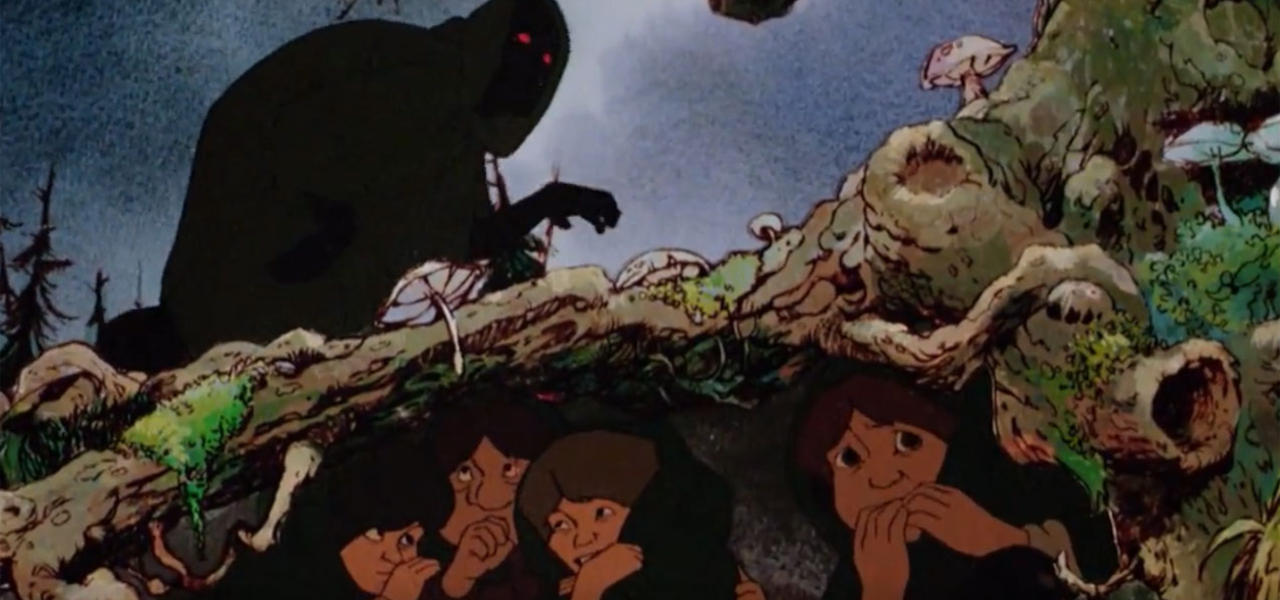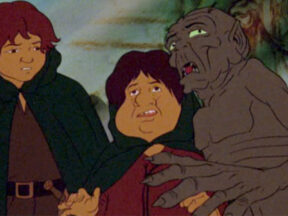

‘Lord Of The Rings’ Rightsholder Embracer Announces Restructure, Layoffs, Studio Closures
Last week, global media giant Embracer Group revealed that it is planning a major restructure of its businesses including layoffs, studio closures, and interim executive appointments.
What is Embracer Group and what does it own? Based in Karlstad, Sweden, Embracer is a global video game and media holding company that oversees 12 operative groups: THQ Nordic, Plaion, Coffee Stain, Amplifier Game Invest, Saber Interactive, DECA Games, Gearbox Entertainment, Easybrain, Asmodee, Dark Horse, Freemode, and Crystal Dynamics – Eidos. Within that framework, Embracer owns 138 internal game development studios and employs more than 16,600 employees in more than 40 countries.
Embracer also owns the global rights to films, video games, board games, merchandising, theme parks, and stage productions relating to J.R.R. Tolkien’s The Lord of the Rings trilogy and The Hobbit, as well as matching rights in other Middle-earth related literary works from the Tolkien Estate and publisher Harpercollins.
Why is the company restructuring? In May, Embracer saw its biggest-ever drop in share price after news that a $2 billion partnership announced with the company’s Q4 results from last year is no longer moving forward. The nature of that partnership and the other party involved have not been made public, but reports have indicated it was the main factor leading to the restructuring announcement.
What are the major changes happening under the restructure? According to an Embracer release, changes include, but are not limited to:
- Matthew Karch has been appointed interim chief operating officer and Phil Rogers appointed interim chief strategy officer. The two will co-lead the program planning and implementation.
- Reduction of general overhead, corporate, publishing, and SG&A costs.
- The closing of studios and termination of projects, that have not yet been announced and with low projected returns.
- Creation of a more comprehensive, centralized process for game investment and progress review.
- Consolidation of companies and businesses, including review of operative group structures.
- Reduction of investments into external development with a greater focus on internal development based on owned or controlled IP.
- Increased external funding of internally developed, large-budget games.
- Implementing a centralized, standardized, more data-driven, precise approach to game forecasting.
There is a lot of corporate vocabulary in Embracer’s releases, but in layman’s terms, the company will be shutting down some studios, canceling projects, and laying off employees. Nothing more specific has been announced yet, but we’ll be keeping an eye on the situation and providing updates when we know more.
More on Karch and Rogers: Before this appointment, Karch was on the Embracer board and served as CEO of the company’s subsidiary Saber Interactive. He has resigned from both posts to take on his new role. Rogers is currently the CEO of Embracer’s Crystal Dynamics – Eidos and will continue in that role alongside his new position as Embracer’s interim CSO.
What is the goal of this restructuring? According to Embracer press releases and an open letter from company CEO Lars Wingefors, Embracer is looking to cut costs by at least 10% yearly and wants to decrease its debt to below SEK 10 billion ($928 million) by the end of the 2023/2024 financial year.
What is the company saying? In his letter, Wingefors explained:
The program presented today will transform us from our current heavy-investment-mode to a highly cash-flow generative business this year. It will enable us to meet the worsening economy and market reality as a strong company and it will fundamentally change our prioritization of growth with raised capital towards optimization and growth based on our own cashflows.
During an investor presentation last week, Karch reiterated the company’s plans to double down on its massive IP library:
We know we need to be exploiting Lord of the Rings in a very significant fashion and turning that into one of the biggest gaming franchises in the world. And that’s obviously something that we’re going to be doing. And so that’s a much better use of resources than some of the other projects that some of our teams have been working on.
More on LotR: Embracer acquired Middle Earth Enterprises, the holding company for the Lord of the Rings franchise, in August of last year. Estimates at the time predicted a price tag of around $2 billion for the property. However, during Embracer’s annual report earlier this week, the company disclosed that it paid just $395 million for the rights. While that number looks like a bargain compared to industry estimates, Embracer did admit that its acquisition of Middle Earth Enterprises impacted cash flow at the company somewhere in the area of SEK 2.9 billion ($267 million).
Pictured at top: The Lord of the Rings (1978)

